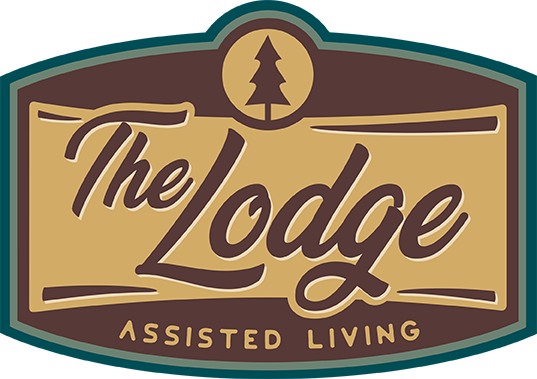If you are considering turning the care of an elderly relative over to someone else, cost, quality of care, safety standards and other concerns will undoubtedly influence your decision. You will want someone who can provide sensitive, safe, and reasonably priced care. This checklist is intended to provide a quick reference which covers important areas. Remember, plan to spend some time, don’t be rushed into a decision, and ask for help from the community professionals.
First, assess the needs of your relative – how independent is the person? Residential Assisted Living Facilities are designed for people who have some limitations; some memory loss or difficulty completing routine tasks on their own. They may, for example, forget to eat regularly or to take medication as prescribed. Ask for a comprehensive assessment from your family physician or the elderly services information and assistance program.
There might be another way: Visiting nurses, homemakers, chore workers, home health aides, meals on wheels, speech therapist, physical therapist, or social worker may be able to come into the home. An appliance such as a walker, wheelchair, cane, or hospital bed may help keep your loved home longer.
Always ask, “What does your loved one want?” Their wishes and desires are paramount and should play the central role in the decision making process, but do not feel guilty about making the decision when it is the proper thing to do.
Once you find the right home, make sure your relative can bring “reference points” – special furniture, photographs, books, etc. – to the new residence. Personal mementos help ease the transition.
Expect a two to six week adjustment period once the move is made. There may be a sleeping problem, anger, confusion, or homesickness. Visit your relative regularly to give support and gently reinforce the fact that this is his or her new home.
After a reasonable adjustment time, follow up with the new caregivers and your relative. Consider: Is it working? Your relative may require some adjustments in routine, medication, or diet. Trust the same instincts that led you to this particular home in the first place, and communicate with the home managers or administrator if you think changes are in order.
REMEMBER you are never alone. In each community there are several agencies and dedicated professional who work with the elderly and handicapped – they can be of great assistance, just ask.
